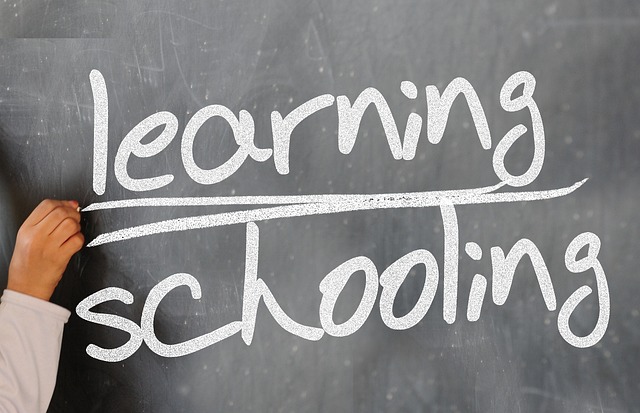Elementary Education Degree: Curriculum, Careers, and Skills
An elementary education degree prepares candidates to teach children in primary school settings by combining coursework, practical experience, and professional standards. Programs focus on subject-area methods, child development, classroom management, assessment strategies, and field placements. Graduates typically pursue teaching licensure or other roles that support learning for young learners in diverse school communities.

What does an education degree cover?
An education degree introduces foundational theories of learning and development alongside practical teaching methods. Coursework usually includes educational psychology, instructional design, assessment and evaluation, and diversity and inclusion. Programs emphasize literacy and numeracy instruction for early grades, along with classroom management strategies and the use of educational technology. Students learn to design lesson plans, differentiate instruction for varied learners, and apply evidence-based approaches to foster academic and social-emotional growth in school settings.
How does a teaching program develop classroom skills?
Teaching programs build classroom skills through a mix of seminars, simulated practice, and supervised field experience. Methods courses model instructional routines and offer strategies for formative assessment and behavior support. Most programs require multiple practicum placements where candidates plan lessons, teach small groups, and receive feedback from mentor teachers and university supervisors. These experiences help new teachers translate theory into practice, refine classroom routines, adapt materials for diverse children, and develop reflective teaching habits that inform ongoing professional growth.
Core components of an elementary education degree
Core components often include subject-specific pedagogy, assessment literacy, special education foundations, and curriculum studies. Candidates typically study literacy methods, mathematical pedagogy, science and social studies instruction for young learners, and inclusive practices for students with diverse needs. Coursework also covers legal and ethical responsibilities, family and community engagement, and educational research methods. Many programs integrate technology for instruction and assessment, preparing graduates to use digital tools in ways that support instruction in the modern school environment.
Preparing for work in a school environment
Preparation for school work includes meeting licensure or certification requirements, developing classroom management systems, and understanding school culture and policy. Programs often guide candidates through state or national certification pathways, background checks, and required testing. Familiarity with Individualized Education Programs (IEPs), response-to-intervention (RTI) frameworks, and collaborative practices with specialists (counselors, special educators) is emphasized. Effective preparation also includes communication skills for working with families and colleagues and strategies for creating safe, inclusive classrooms for children from varied backgrounds.
How programs address learning for children
Programs center instruction on child development and evidence-based strategies that support early learning milestones. Teacher candidates learn to assess children’s literacy and numeracy progress, use formative assessment to adjust instruction, and scaffold tasks to support emerging skills. Emphasis on social-emotional learning helps teachers create environments where children can build relationships and self-regulation. Cultural responsiveness and differentiated instruction are woven throughout coursework so teachers can meet the needs of multilingual students, students with disabilities, and other diverse learners in everyday classroom practice.
A well-rounded elementary education degree balances academic coursework, supervised teaching experiences, and professional requirements such as licensure or certification. Graduates enter school communities with a foundation in pedagogy, assessment, and classroom management, enabling them to support children’s learning across multiple subjects. Continued professional development—through graduate study, in-service training, or mentoring—helps teachers refine instruction and respond to changing classroom needs, policy shifts, and advances in educational research. Overall, the degree aims to prepare educators to create effective, equitable learning experiences for young learners.






